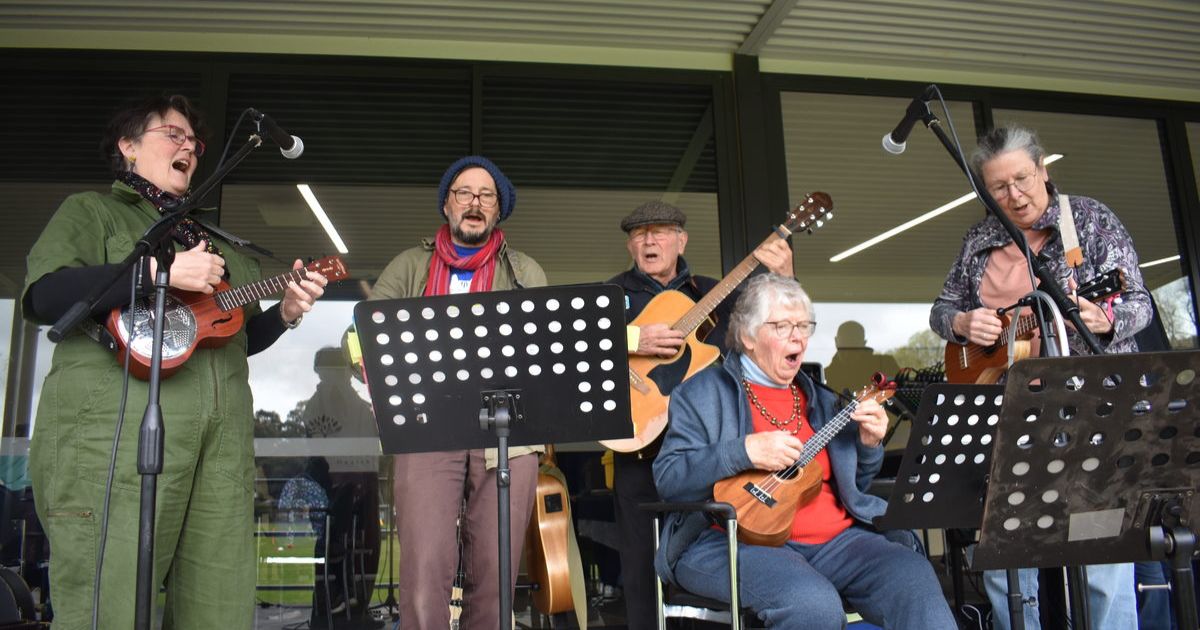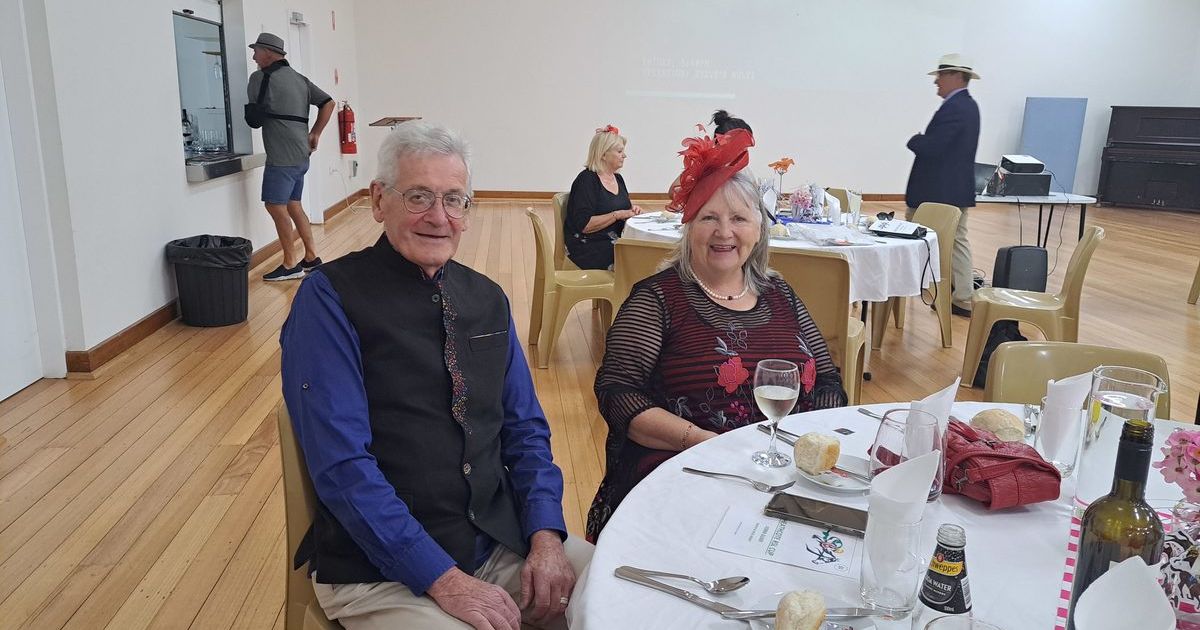Beer and horses: the early years of the Commercial Hotel
HEATHCOTE’S Commercial Hotel, fondly known as “the Middle” to many locals, is one of the town’s two original pubs still operating today. The other is the Union Hotel.
The High Street was once home to several hotels catering to both locals and travellers.
They provided accommodation for those passing through, a meeting place for residents and often ran a number of ancillary businesses on the premises as well.
This was in addition to the town’s early wineries, beer tents and breweries, and soft drink makers.
Scottish-born Daniel Nicholson was a blacksmith who arrived on the McIvor diggings in the 1850s.
He built the original Commercial Hotel, then known as the Camp Hotel, on land he purchased at one of the first government sales. Its name presumably sprang from its proximity to the government camp.
When Nicholson applied for his initial publican’s licence in early December 1869, the notice of intent stated that he could provide “two sitting rooms, three bedrooms and a bar, besides those rooms exclusively…for the use of my family.”
By 17 December he was in business, and a month later he applied for permission to build a horse trough in front of his house.
He had already been working as a farrier and blacksmith on the site before becoming a publican, and the two businesses ran successfully alongside each other for many years.
Nicholson and his wife Amelia stayed largely out of the public eye and the hotel only made the pages of the McIvor Times via advertisements for meetings or via court reports involving the occasional drunken patron and other minor misdemeanours.
When he died at the age of 79 in November 1891 the paper described him as one of the “oldest identities of McIvor” and noted that he had been in poor health for some time due to a paralytic stroke.
It went on to say that “Mr Nicholson was an excellent tradesman, and people in the early days found his services very useful in performing gunsmith work for them, at which he was very good.
“He was an ardent sportsman himself, and was very successful in securing good bags of game in the early days.”
Amelia Nicholson had died in 1890 after a long period of illness.
After Daniel’s death the licence passed briefly to his daughter Elizabeth Nicholson, and then on to his son James Nicholson a year later.
In 1904, former McIvor Shire Rabbit Inspector John Ring bought the hotel from the Nicholsons.
By April, the McIvor Times reported that “One of the old landmarks, reminiscent of the early days of the McIvor goldfield, namely the brick corner cottage in connection with the Camp Hotel, has been pulled down, and a more commodious brick building is to be erected in its place.”
Clearly work on the new building was well underway by this point as on 23 June the paper informed its readers that “The Camp Hotel, which has been rebuilt, with up-to-date fixings, was duly opened on Tuesday, a number of prominent residents being present at the celebration of the event, who were cordially entertained by the lessee Mr AJ Murphy and Mrs Murphy.
“Numerous toasts were honoured, and a very pleasant hour or so was spent.
“The building consists of a well-finished bar, fine billiard room, parlours and bedrooms, and is a prominent addition to the architecture of the town.
“The architect is Mr W Beebe of Mitchell St, Bendigo, and the contractor Mr C Millward, of Bendigo, the excellence of the work reflecting great credit upon them.”
In December 1904, John Ring applied to the licensing court for permission to change the name of the premises to the Commercial Hotel.
This was granted but local habits took a while to change; almost two years later the McIvor District Cycling Club was still publishing notices of meeting with the venue listed as the Camp Hotel.
Ring took over the licence himself in 1908, and in 1909 Daniel Nicholson’s old forge was demolished.


















